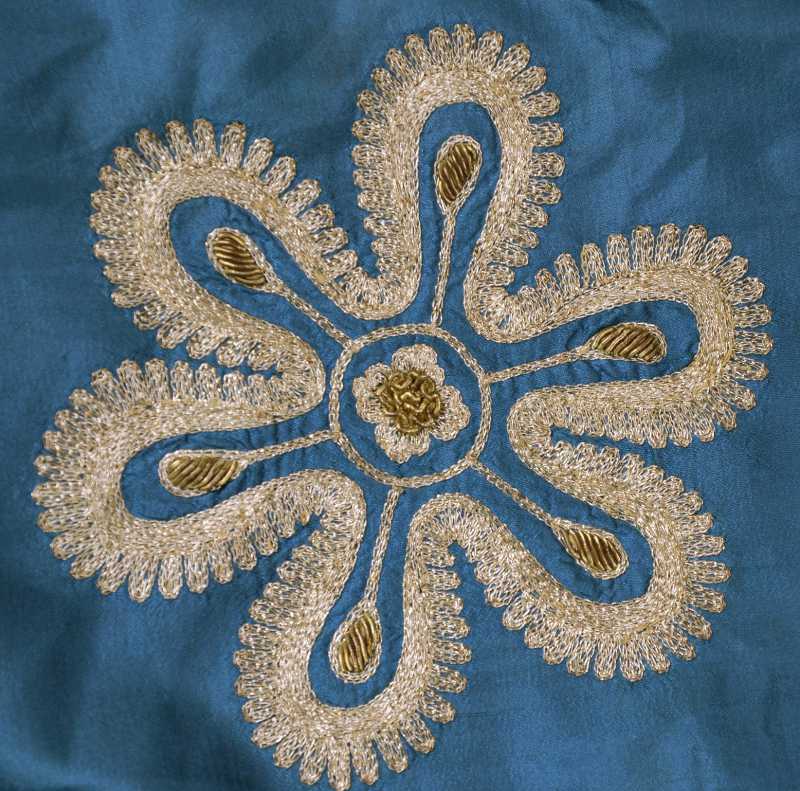===
0236x,
1
===

=== |
 |
pahar : 'An eighth part of a day, a watch'. (Platts p.285)
paas : 'Watching, guarding, taking care (of), observing; observance, consideration, attention (to), regard, respect, sake; custody; watch or term of three hours; a guard'. (Platts p.217)
paas : 'At the side (of), beside, alongside, near, about (the person, &c.), in the possession (of); at hand, close by, in the neighbourhood (of)'. (Platts p.217)
aas-paas : 'Vicinity, neighbourhood, proximity; neighbours; companions; —adv. & postpos. Around, about, on every side; in the vicinity (of -ke ). (Platts p.47)
FWP:
SETS == WORDPLAY
MOTIFS
NAMES
TERMS == RHYME; ZILAThese three verses from Mir's jang-naamah were added by SRF to SSA, right after the end of the siin section. I've given them the number of the ghazal before them, with an 'x' added, because it's hard to say where they belong; these verses of course have no number in the main divan sequence of Mir's ghazals. The jang-naamah from which they come is on pp. 375-377 of volume 2 of the kulliyat; these three verses are from the first of two inserted ghazals that form its conclusion, and within that ghazal they are verses 1, 3, 4. Other such cases of insertion: {1807x}; {1853x}.
This is a fine verse for wordplay; there are all the possibilities mentioned by SRF, plus a slightly altered use of the idiomatic aas-paas ('vinicity; companion; around'). And there's a bit of 'meaning-play' as well, since 'to make a circuit around the head' evokes not only the rounds of a watchman and the 'making oneself a sacrifice for someone' gesture, but also the reverent circumambulation [:tauf] proper to a Muslim religious pilgrimage (for Hindus, the same kind of circumambulation is called parikrama ).
The second line hardly adds to the meaning at all, and is mostly a vehicle for bring in the aas-paas ('vinicity; companion; around'). Still, the wordplay is a real treat.